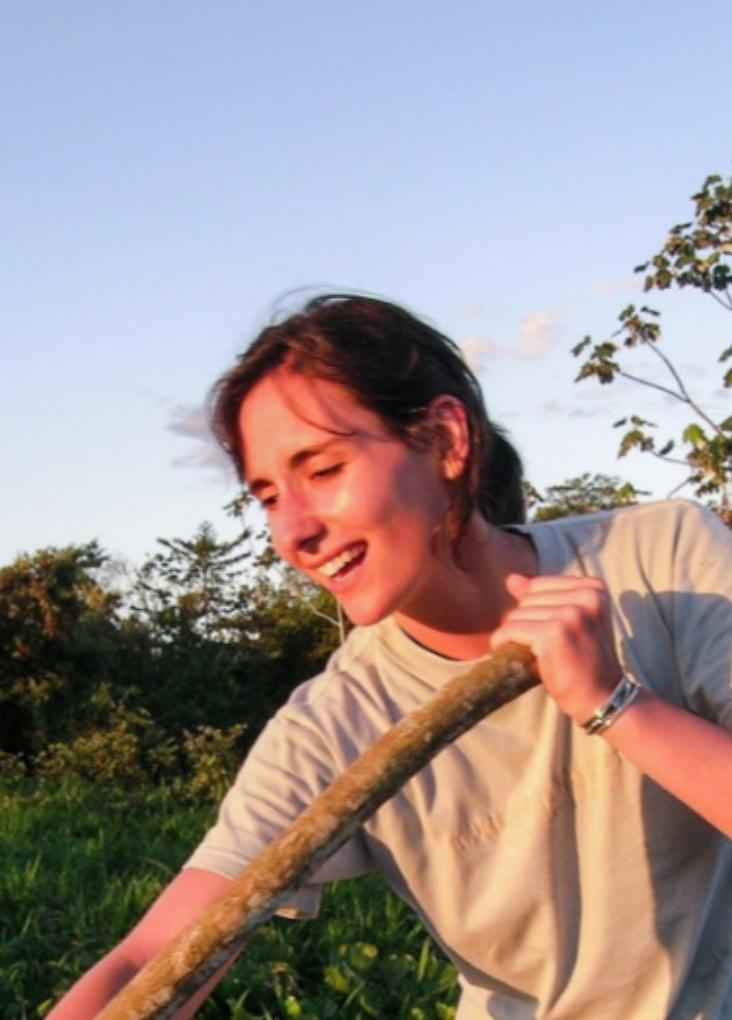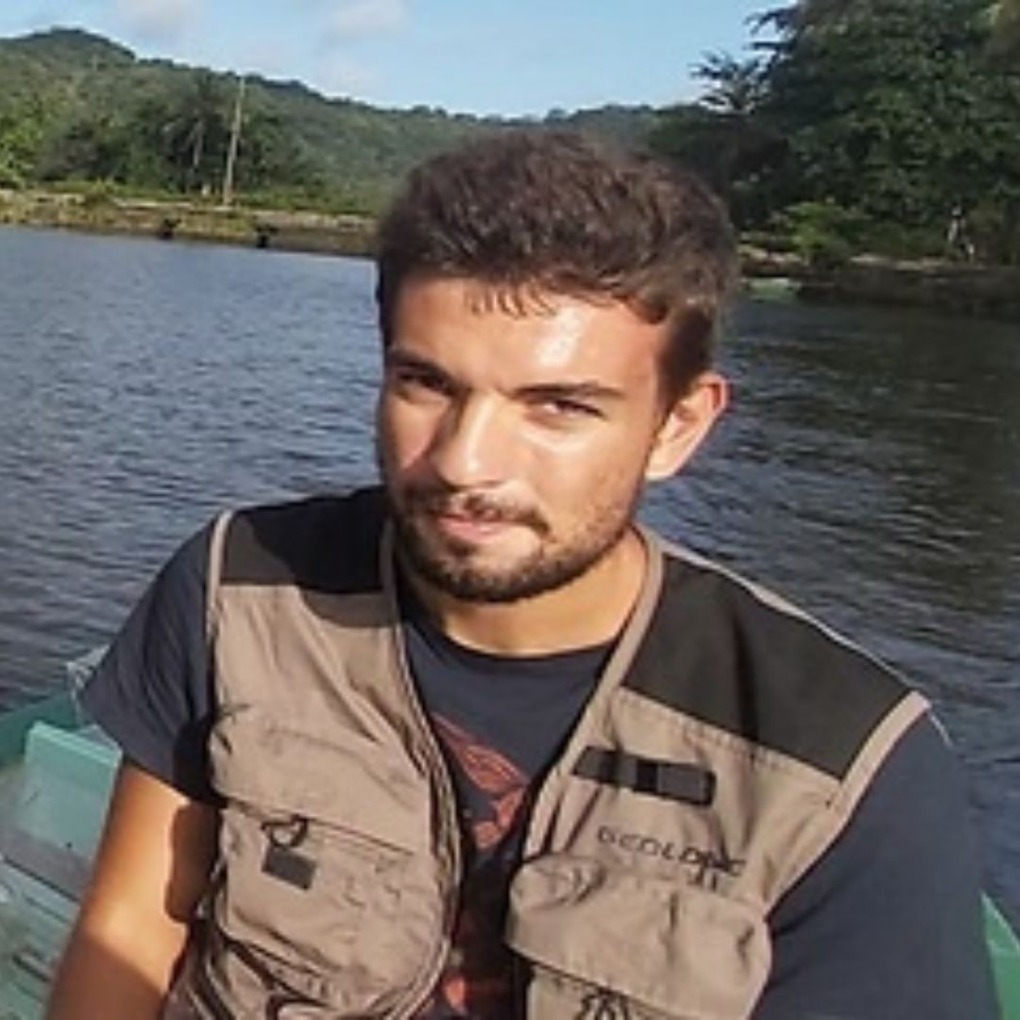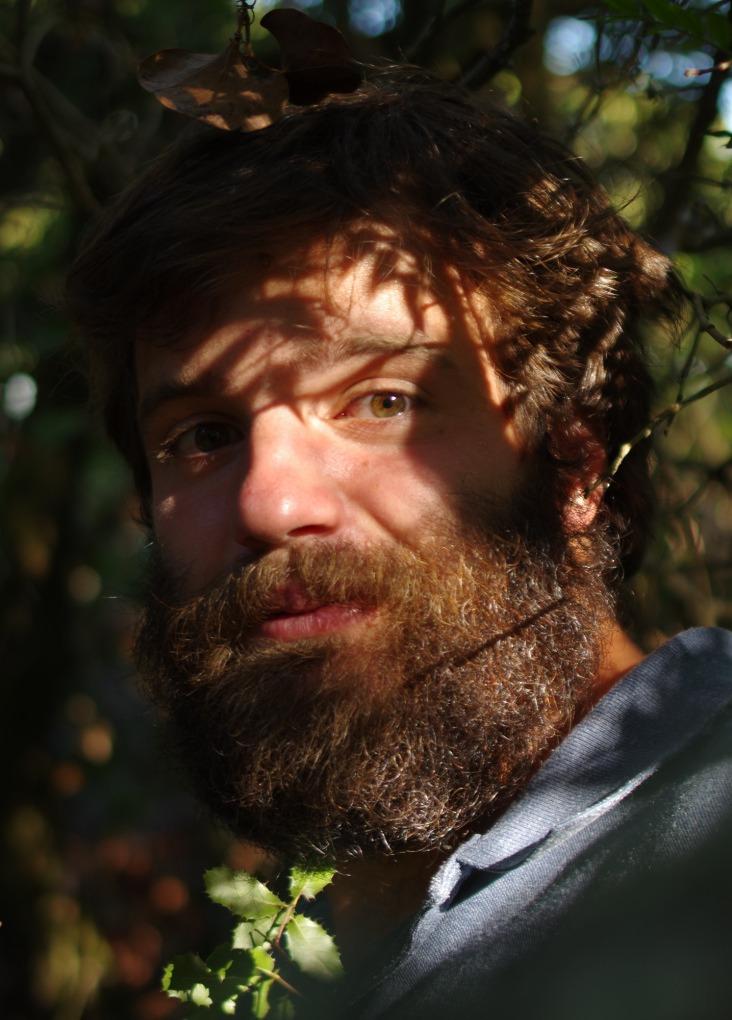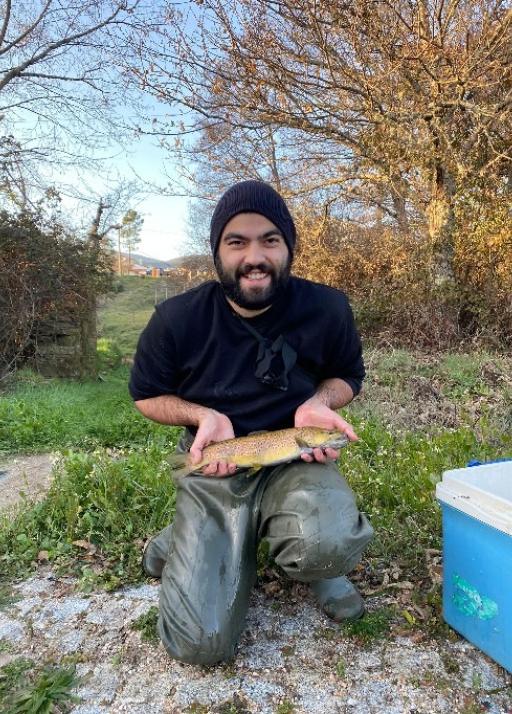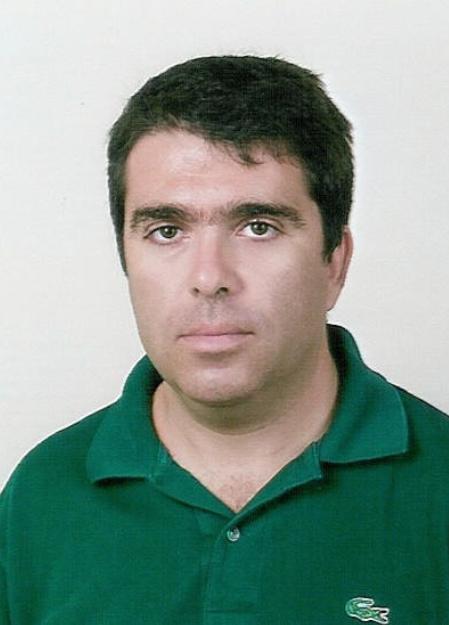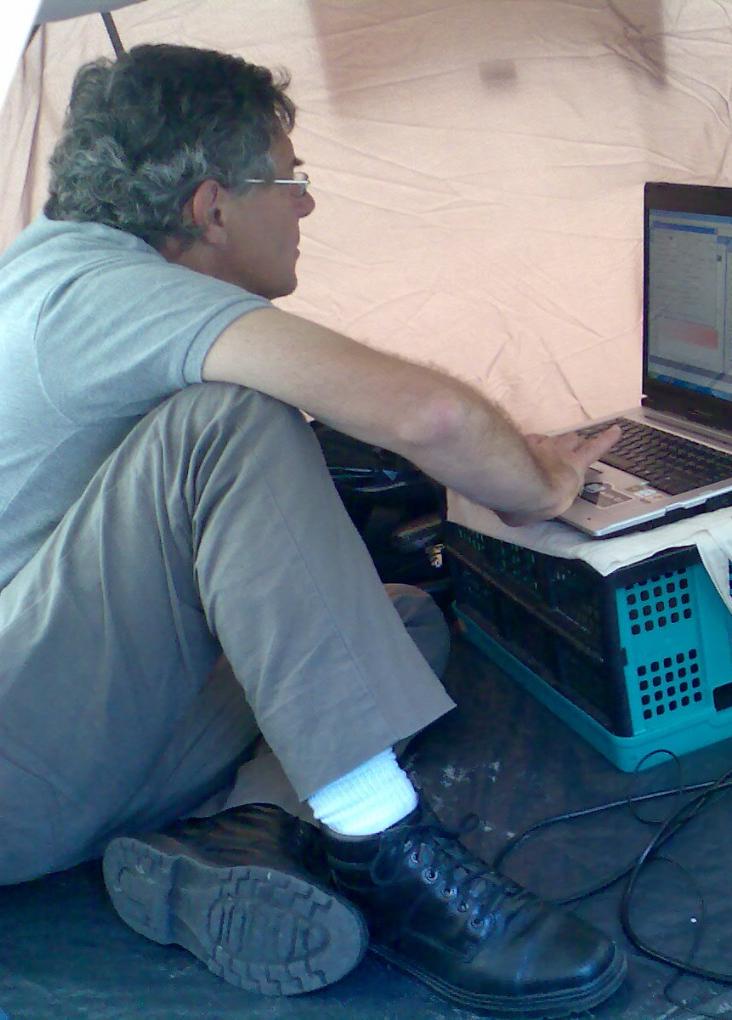The Freshwater and Invasion Biology research group conducts research on two major drivers of global changes, focusing on ecological responses to climate change and invasive species in freshwaters.
Its R&D activity, developed in highly biodiverse model systems (e.g. Mediterranean temporary ponds and streams), is tightly associated with experimental research on the effects of temperature on the nutritional biology of ectotherms; the modelling of the rewiring of species interactions in trophic networks; and the study, control, and management of invasive species.
The group seeks an integrative understanding of temperature and nutrient interactions in ectotherms and temperature’s impacts on species interactions and trophic networks.
- In EDGES, we aim to flesh out the physiological pathways involved in temperature-induced dietary shifts, assess the contribution of gut microbiota, and examine impacts on natural communities.
- In NET-REWIRING, we aim to unveil the network of trophic relationships connecting taxa, quantify warming sensitivity, assess its influence on network robustness, and document the role of fish species on network rewiring.
- In PREDATOR, we aim to prevent and control the dissemination of European catfish in Italy and Portugal, engaging with key stakeholders in the design and implementation of control actions to assess the effects on native biodiversity, ecosystem functioning and services, developing an early warning system using eDNA and citizen science.
- In XENOPUS, we aim to model the likelihood of persistence of the African clawed frog in urban dendritic stream networks and the effectiveness of different eradication strategies in alternative scenarios.
The group seeks to develop a transnational strategy for managing invasive species and to evaluate the success of control and eradication campaigns. Extending further into the blue-green infrastructure, our R&D activity in natural systems will increase the ability to predict impacts on freshwaters and provide ecological solutions to global changes.

![/uploads/subcanais2/banners-novo-site-ce3c-42[1].png /uploads/subcanais2/banners-novo-site-ce3c-42[1].png](/uploads/subcanais2/banners-novo-site-ce3c-42[1].png)


